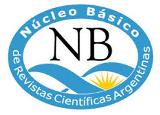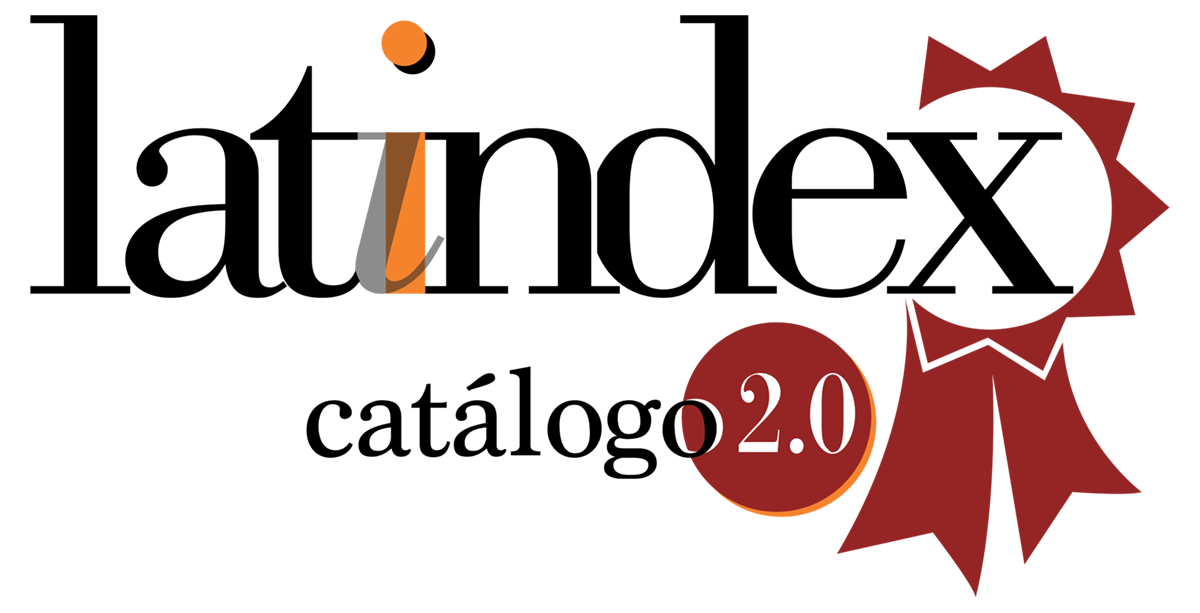A flower skin sensitivity ... Pilar Martinez Moirón and anti-fascism in the coastal area of San Jorge Gulf (Patagonia, Argentina)
Keywords:
ethnic mutualism, leaderships, anti-fascismAbstract
Pilar Martinez Moirón is remembered in Comodoro Rivadavia (Patagonia, Argentina) usually by his passion for theater and radio, though less in their role as one of the most active members of the Ladies Committee of the Galician town. During his life he channeled his energies into other performance spaces such as the Women's Committee of the Friends of the Spanish Republic and Refugees after the end of the Civil War. He also exercised an undisputed role in the Junta de la Victoria. Article contextualize Pilar activities in the broader context of women's movements and ethnic mutualism in the intertidal zone of the San Jorge Gulf, also outlining his career in light of current interpretations of anti-fascism in Argentina.Downloads
Downloads
How to Cite
Issue
Section
License
The acceptance of an original by the journal implies the non-exclusive transfer of the economic rights of the authors in favor of the editor, who allows reuse, after editing (postprint), under a Creative Commons Attribution License -NonCommercial-ShareAlike 4.0 International (CC BY-NC-SA 4.0)
In accordance with these terms, the material can be shared (copied and redistributed in any medium or format) and adapted (remixed, transformed and created from the material another work), provided that a) the authorship and original source of its publication (magazine and URL of the work), b) is not used for commercial purposes and c) the same license terms are maintained.
The transfer of non-exclusive rights implies that after its publication (postprint) in Cuadernos de H ideas the authors can publish their work in any language, medium and format; in such cases, it is requested that it be stated that the material was originally published in this journal.
Such assignment also implies the authorization of the authors for the work to be harvested by SEDICI, the institutional repository of the National University of La Plata, and be disseminated in the databases that the editorial team considers appropriate for increase the visibility of the publication and its authors.
Likewise, the journal encourages the authors so that after their publication in Cuadernos de H ideas they deposit their productions in other institutional and thematic repositories, under the principle that offering society scientific and academic production without restrictions contributes to a greater exchange of global knowledge.










.png)

























